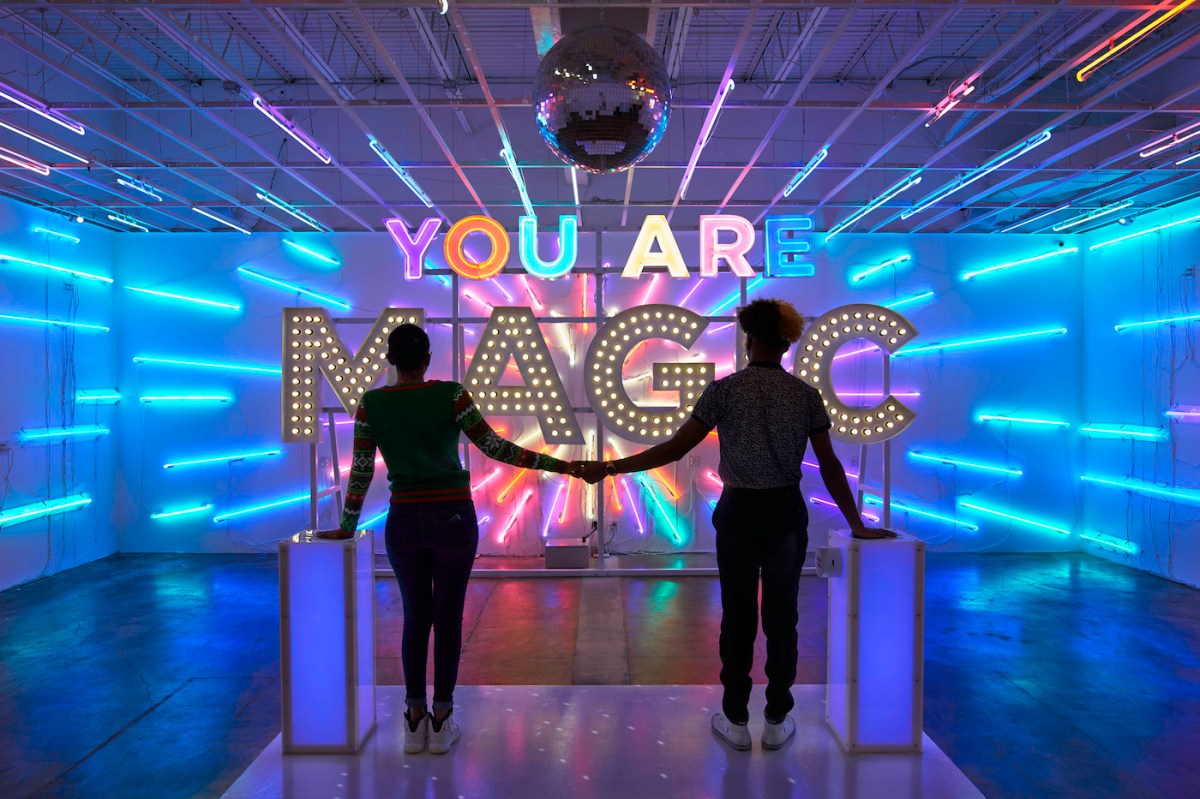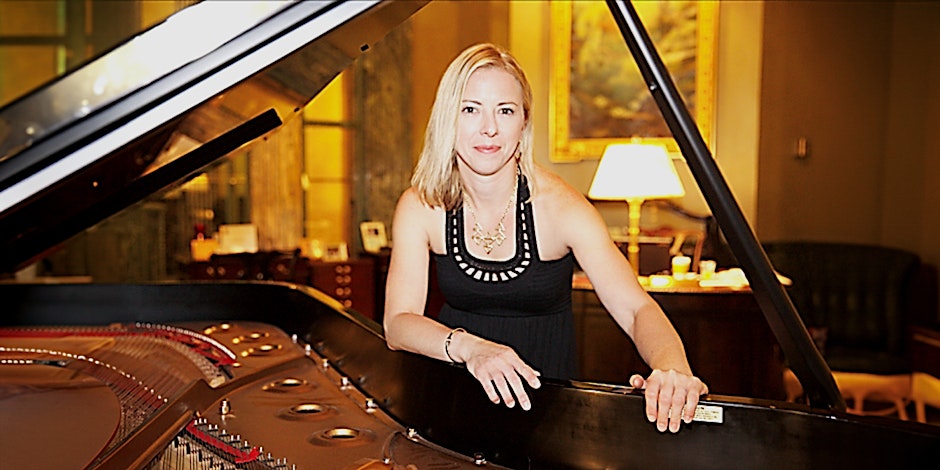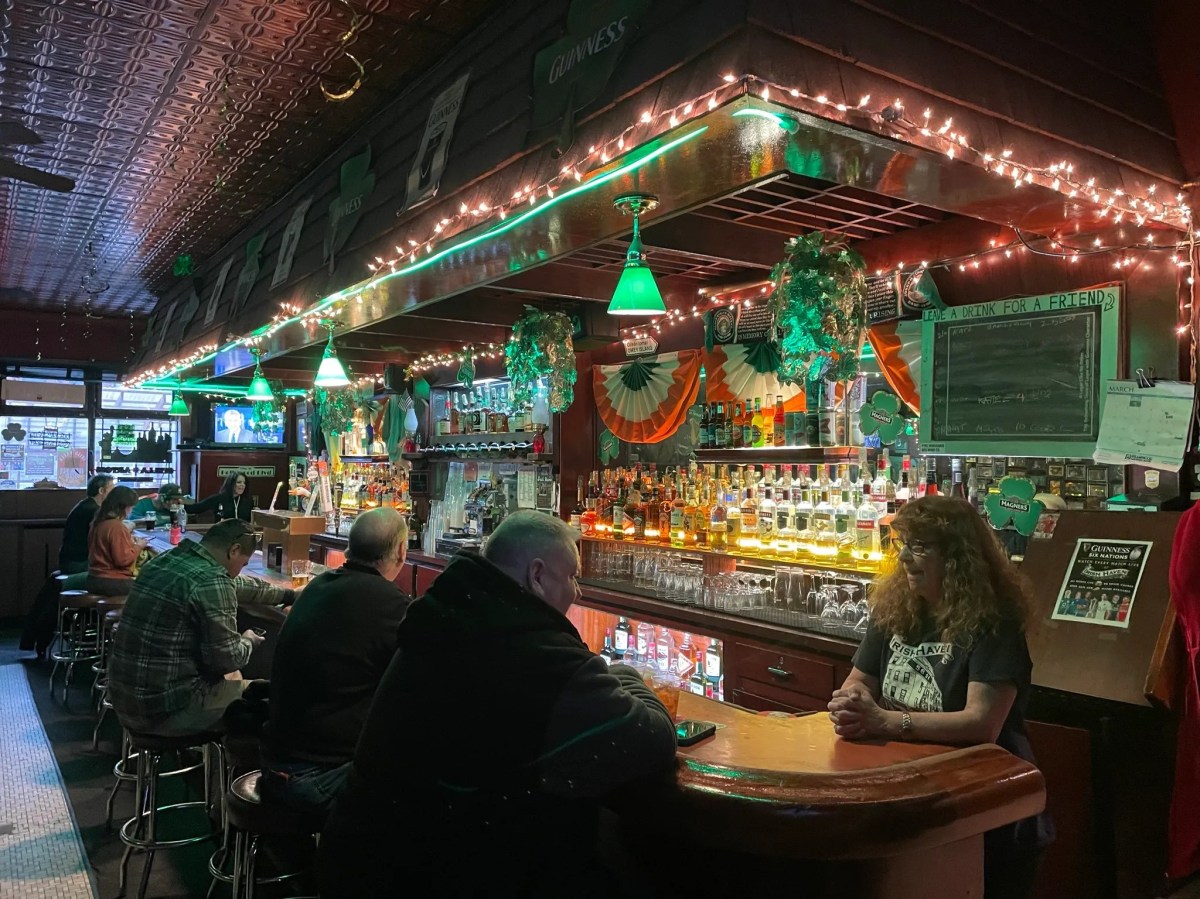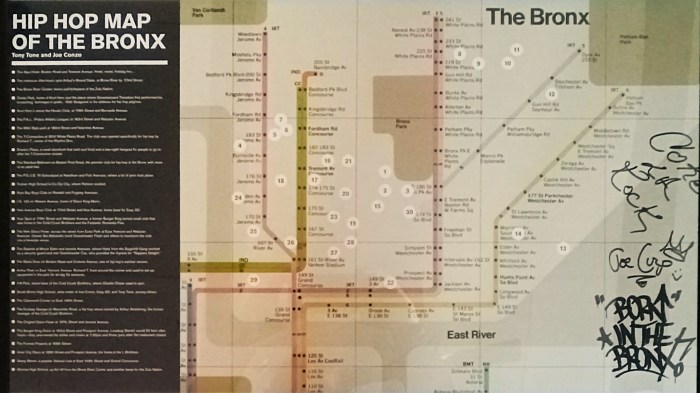From the outside looking in, things have calmed down around UBS Arena as it approaches the one-year anniversary of its doors officially opening on Nov. 20.
The $1 billion, 18,500 capacity arena built at Belmont Park, right on the Queens/Nassau County line in Elmont was constructed during a pandemic, battled tight deadlines that forced its main tenants, the New York Islanders, to start the 2021-22 season on a 13-game road trip while it was being completed, and went the majority of its infancy without its parking garage across Hempstead Turnpike or the LIRR train line open and operable.
Now the Islanders are settled, the arena is completed, and it’s hitting its stride.
Much of that has to do with the efforts of UBS Arena president Kim Stone, who came over from a two-decade stint in the NBA working with the Miami Heat before serving as the general manager of the Golden State Warriors’ Chase Center, which she helped open in 2019.
Needless to say, working with new venues is something of a specialty for Stone. But UBS Arena is far more than just a home to the Islanders — and it’s now one of her many responsibilities to see that its reputation grows as just that.
Carving out a niche in New York
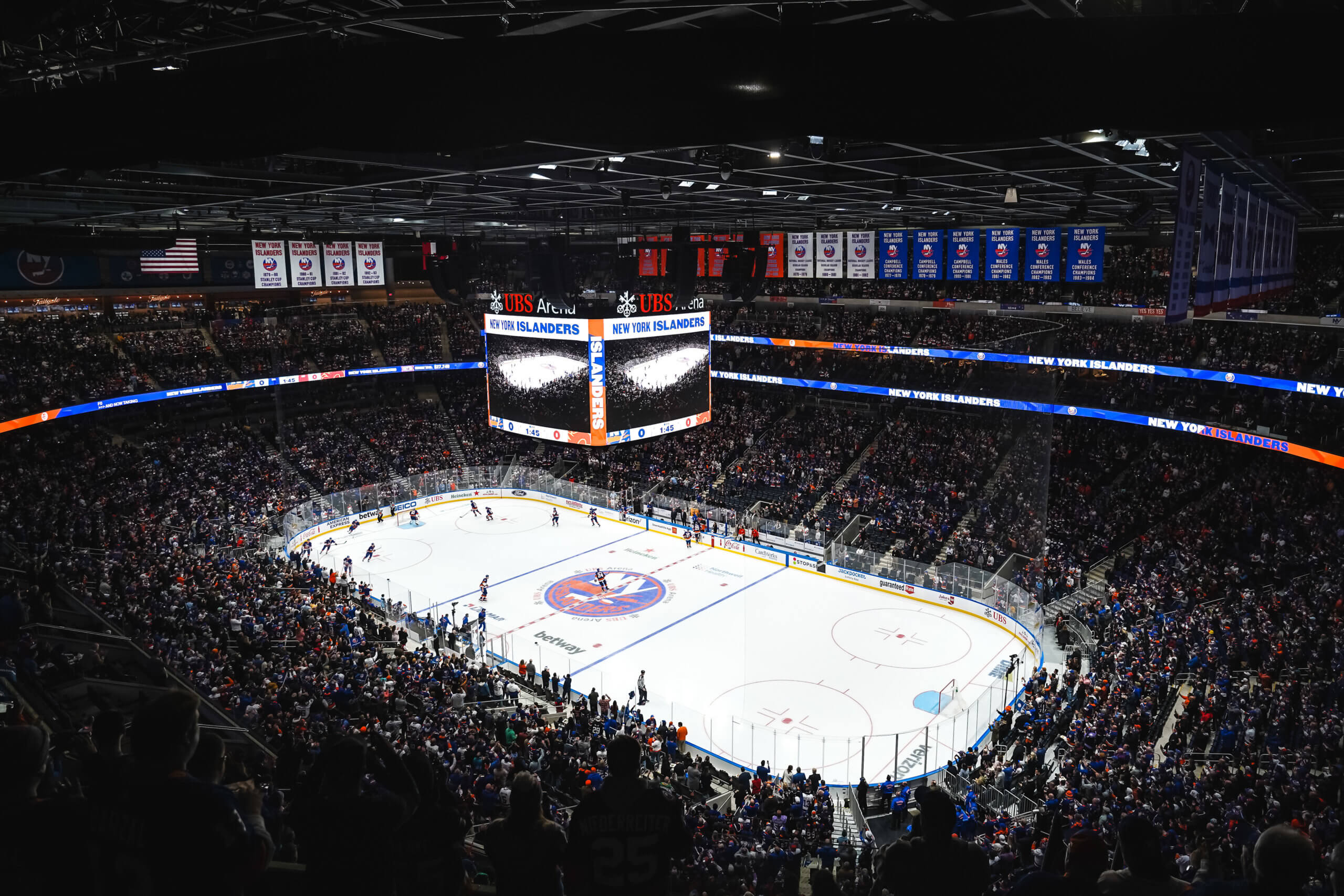
The opportunity to oversee a major venue in the New York City metropolitan area was too great of an opportunity for Stone to pass up, which is why she departed from the Bay Area to join Oak View Group — which oversaw the development and construction of UBS Arena and oversees operations — in August.
“There’s something about being in other markets and you have this opportunity to champion a big brand and a great team like the Islanders in an area like New York,” Stone said. “So that is a wonderful challenge.”
One of the biggest challenges that faces Stone and UBS Arena is booking events outside of Islanders hockey for the approximate 324 other nights (excluding potential postseason play) of the year. Especially when Madison Square Garden in the heart of Manhattan and Brooklyn’s Barclays Center are always in play for top acts.
In the first year alone, they booked over 100 events that grossed more than $60 million, headlined by concerts of Harry Styles, Genesis, Billie Eilish, Dua Lipa, John Mayer, Kendrick Lamar, Post Malone, and Iron Maiden. UFC also made its way to Belmont Park as well along with comedy shows from Sebastian Maniscalco and Adam Sandler.
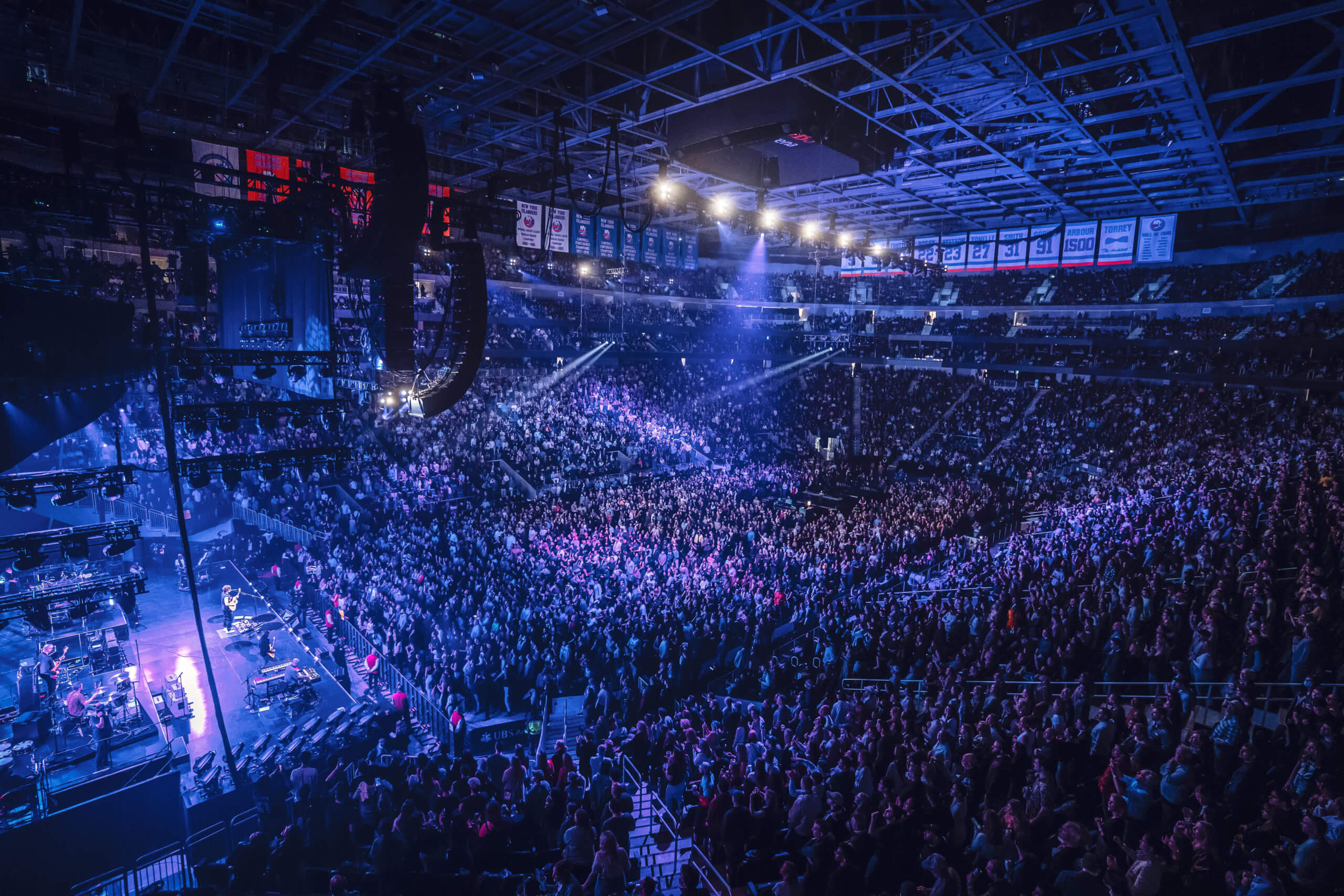
“They’re formidable foes. When we’re in here, we’re looking to maintain and grow against our competitors in the other venues,” Stone said of working against MSG and Barclays Center. “We started out well. In our first year, we’ve been able to get a foothold in some of those genres like classic rock, we’ve certainly done it in pop. We’ve done country, we’ve done comedy, we’ve got some Latin as well, and we’ve had K-pop.
“We’ve had a really diverse lineup which is great considering in the first quarter [July-September] we had the same number of shows as our other two competitors in the marketplace.”

Improving the spectator experience

One of the most glaring holes of the UBS Arena experience throughout most of its first year was transportation difficulties marring initial fan impressions.
The LIRR station was not fully operational, forcing those who lived on central Long Island to take a train past the arena deeper into Queens at Jamaica Station before coming back East to get to UBS Arena.
Those driving had to park in lots that required lengthy walks to the building with the parking garage incomplete. Quite a chore especially in the dead of winter.
Now, both are up and running — the UBS Arena-Elmont hub being the first new LIRR station built in nearly 50 years — creating more options and ease for customers.
“Those two things have been transformational,” Stone said. “The train service, the opening of the Elmont-UBS Arena train station with two-way service is a total game-changer. Ridership is already high and it’s been less than a month that it’s been open and running. In December, it becomes a full commuter line so it’s really going to evolve.”
Even the crosstown-rival New York Rangers took advantage of the new train line, according to Stone, eliminating an hour bus ride from Manhattan and taking a 30-minute trip on the train to play the Islanders last month.
“When you have a professional sports team willing to hop on a train,” Stone began “it conveys just how convenient it is.”
Flush with bars and premium-ticket clubs inside, UBS Arena already provides a well-rounded experience for patrons, but they’re taking the entire spectrum of spectators into account — even those who need to get away from the often overwhelming atmosphere that comes with an excited crowd.
The venue recently unveiled three sensory rooms which provide a devoted, safe area for those with family service and sensory needs.
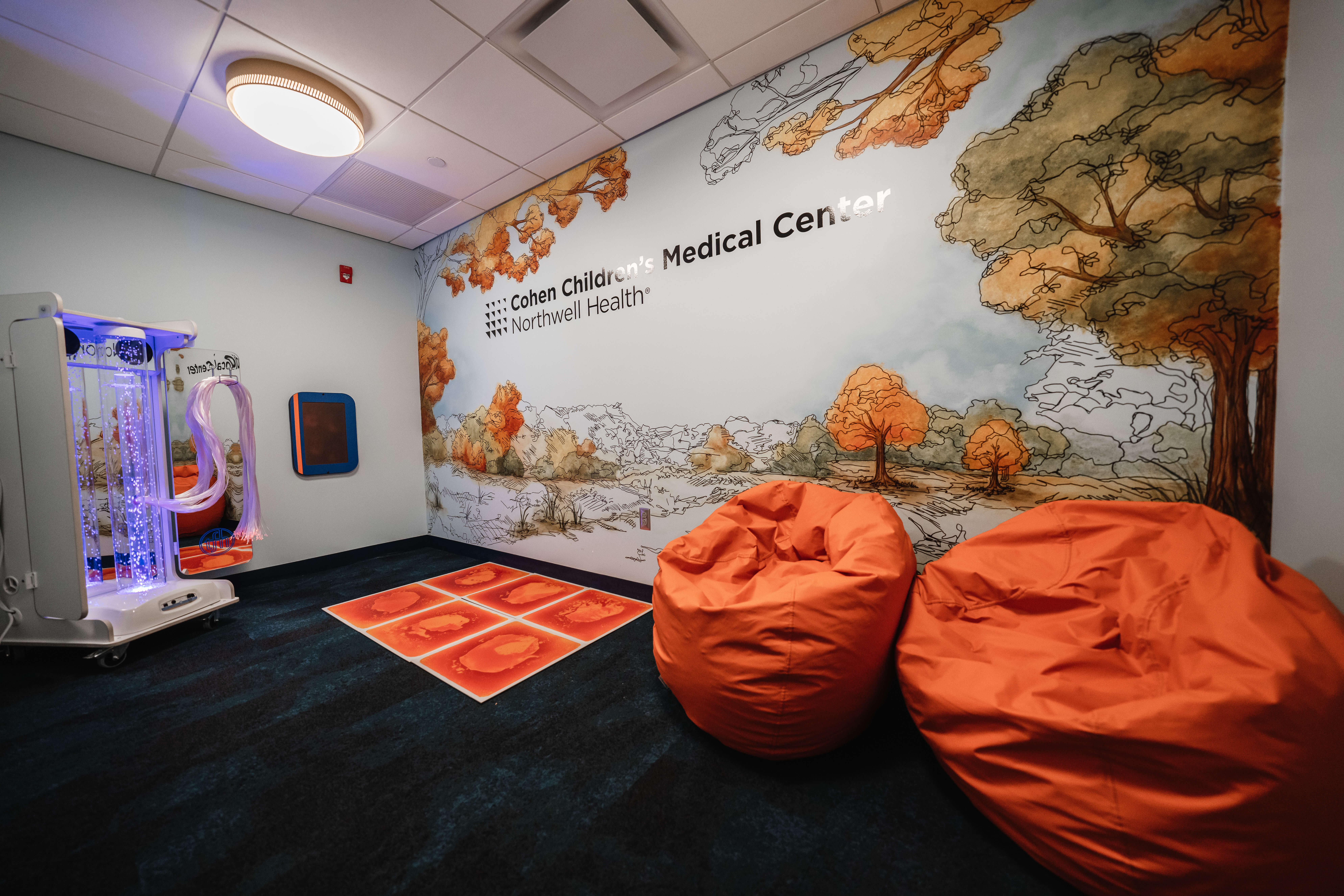
“It shows how we’re customizing and understanding our fans at a deeper level,” Stone said. “The design, the equipment that’s inside of it, and the furniture was all done by experts in this field so they’ve created the best sensory rooms in metro New York. We’re really proud of those.
“They’re convenient, they’re accessible, and they can really help that segment of our population that needs to get away from the overwhelming sensories that happen at events. We’re really proud of those locations.”
It also appears to be just the start for Stone.
“We have space,” she said. “We have areas to develop and grow and ownership has plans and a vision to do that. This is only the beginning.”
Creating a clean, sustainable future
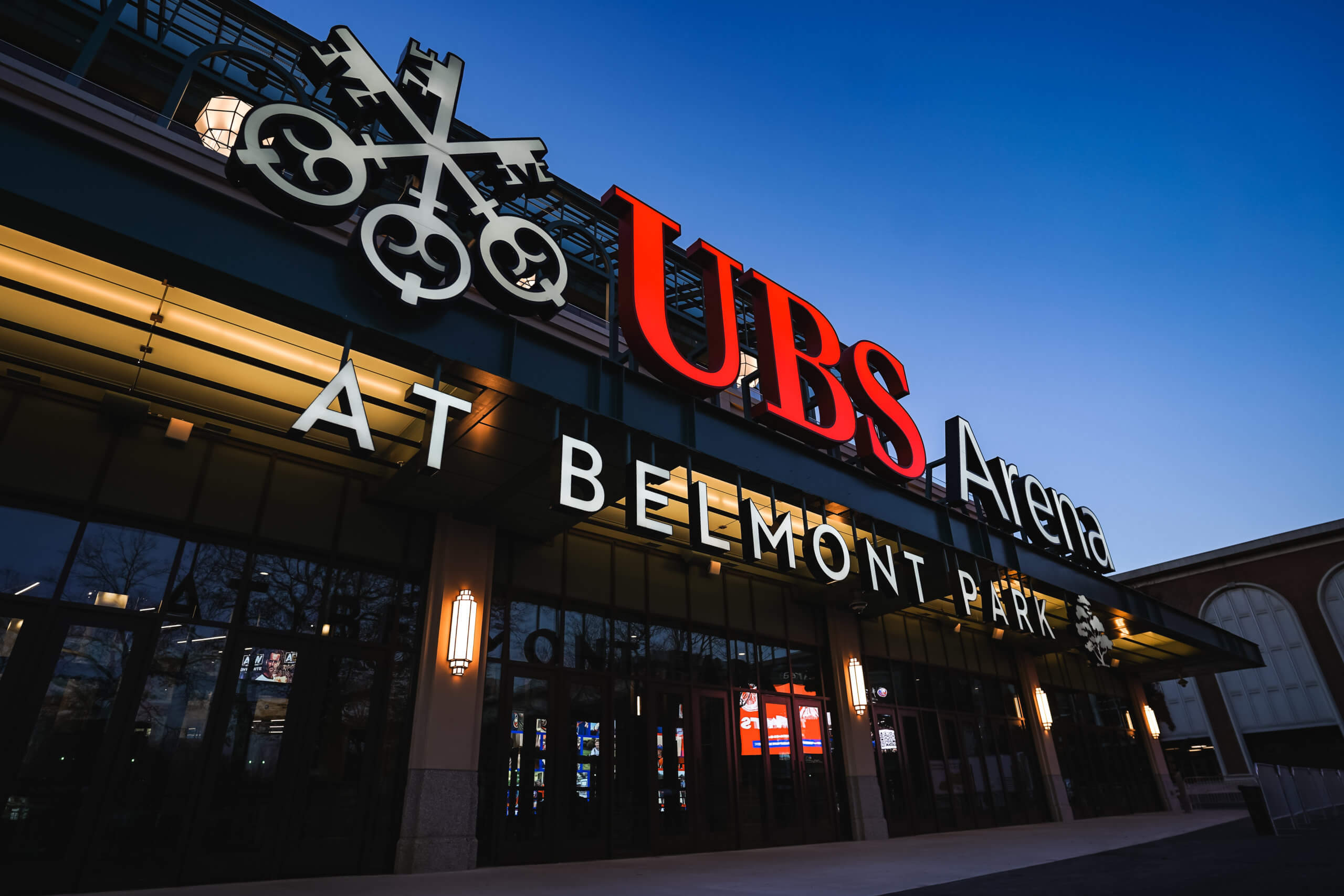
What can’t be physically seen by performers, athletes, or spectators alike is potentially one of the most important aspects of UBS Arena.
To help offset the building’s environmental impact, the venue has achieved carbon neutrality for all Scope 1 and 2 emissions from operations two years ahead of schedule.
“Sustainability is part of our brand,” Stone said. “It’s who we are, it’s authentic to us. It’s a part of Oak View Group’s broader goals as well as it is to make sure we have a positive impact on the environment and climate change.”
The Greenhouse Gas (GHG) Protocol (h/t Climate Partner), which is the “global standard framework for measuring and managing GHG emissions from private and public sector operations, value chains, and mitigation actions,” has created three levels of “scopes” to classify a company’s carbon footprint.
Scope 1 includes direct emissions from a company’s direct sources while Scope 2 is indirect emissions from purchased energy.
Reaching these benchmarks makes UBS Arena the first venue on the eastern seaboard of the United States to do so. It’s helped the building become a founding circle member of GOAL (Green Operations and Advanced Leadership), which is a program providing venues with clear guidelines to minimize negative environmental impact while amplifying social impact.
“We believe deeply in it at a core level,” Stone said. “We’ve been on this journey, we continue to be on this journey of evolving what that means… It’s one thing to say we’re doing it. It’s another to say let’s learn and grow.”
For more on UBS Arena and the Islanders, visit AMNY.com
Read more: Mets Bring Mocktail Pop-Up to Citi Field


























